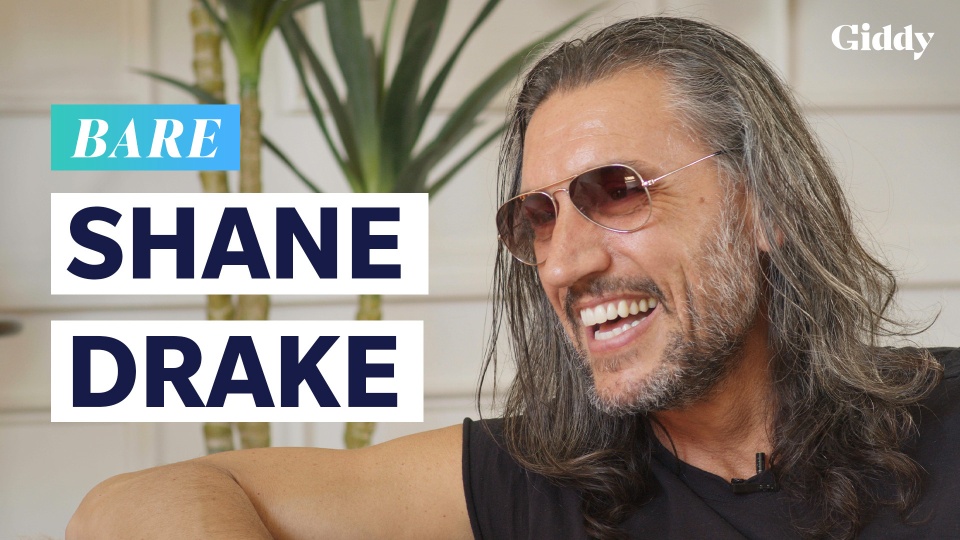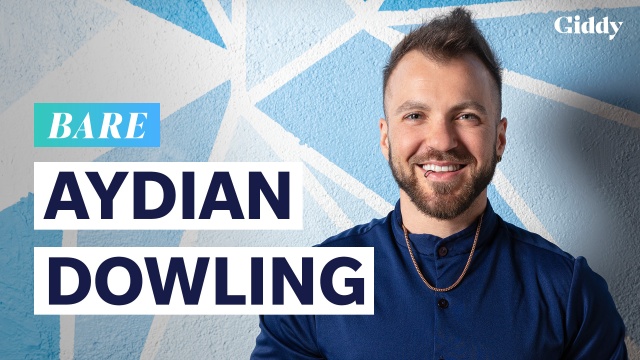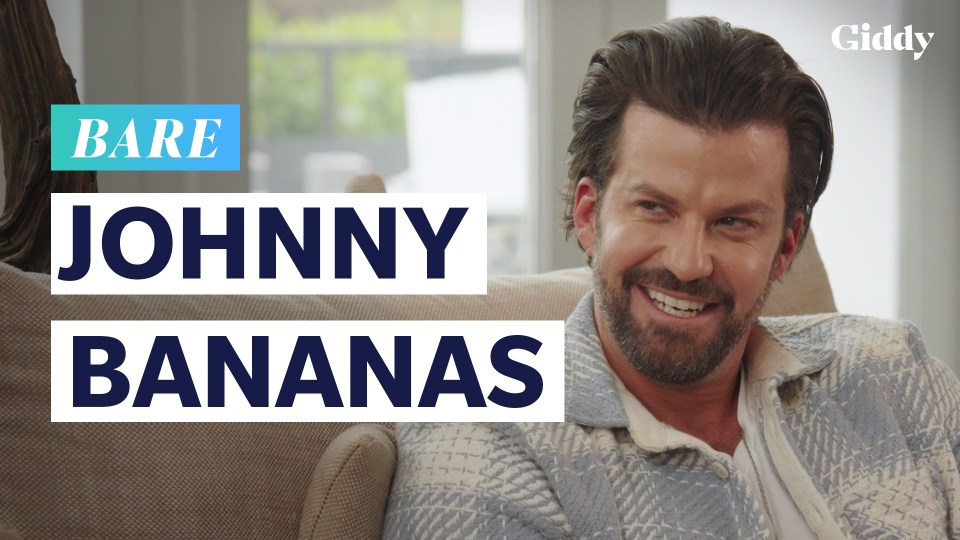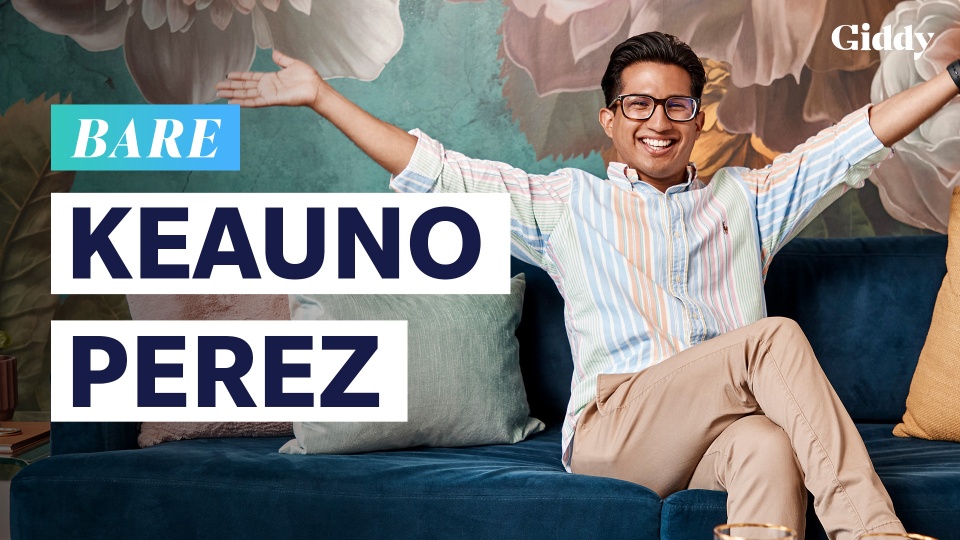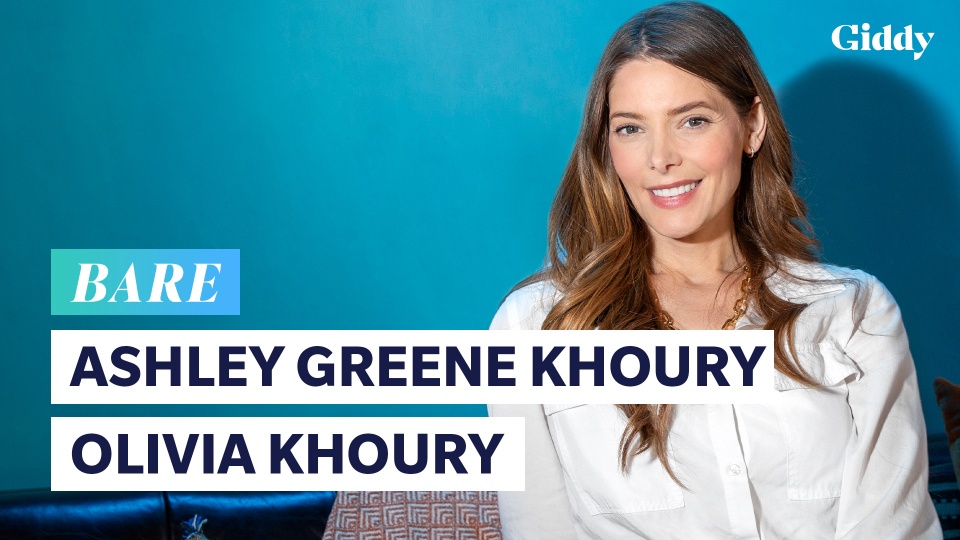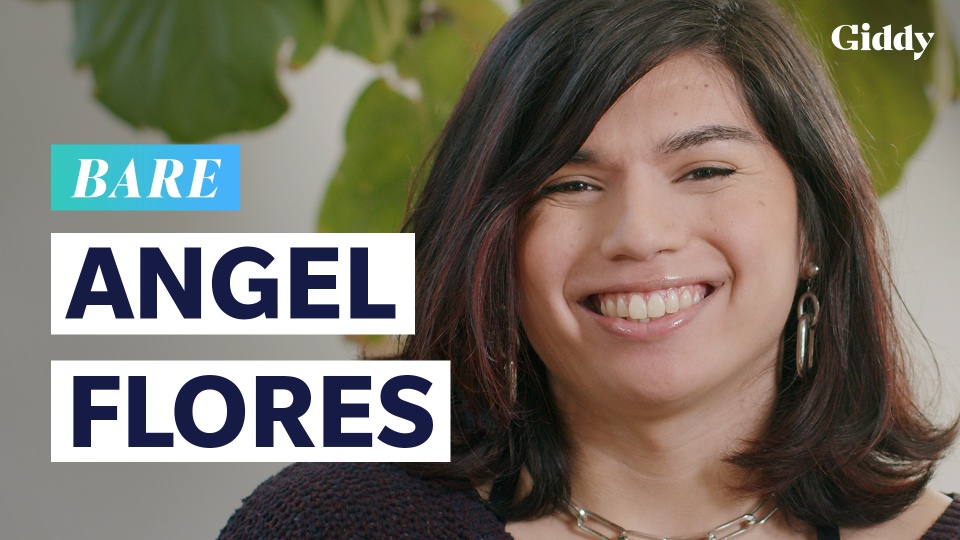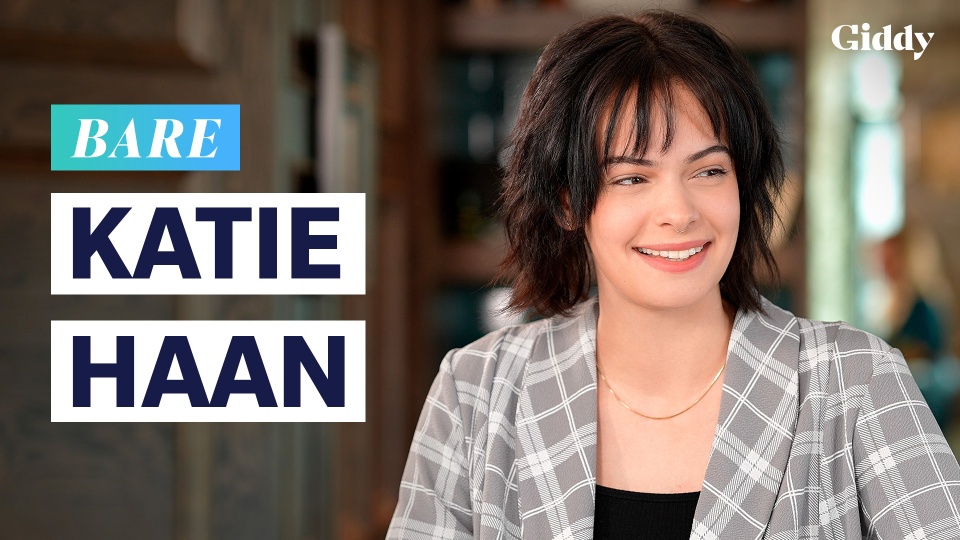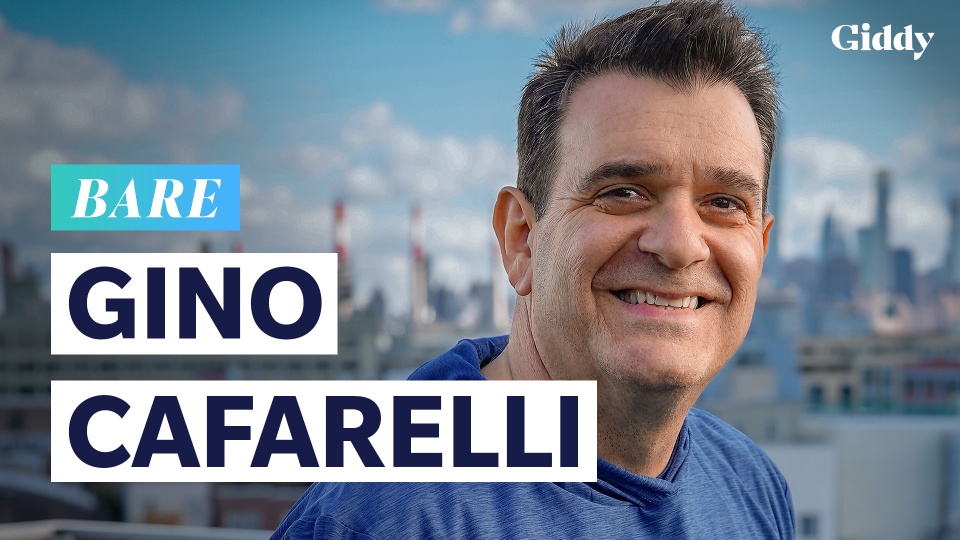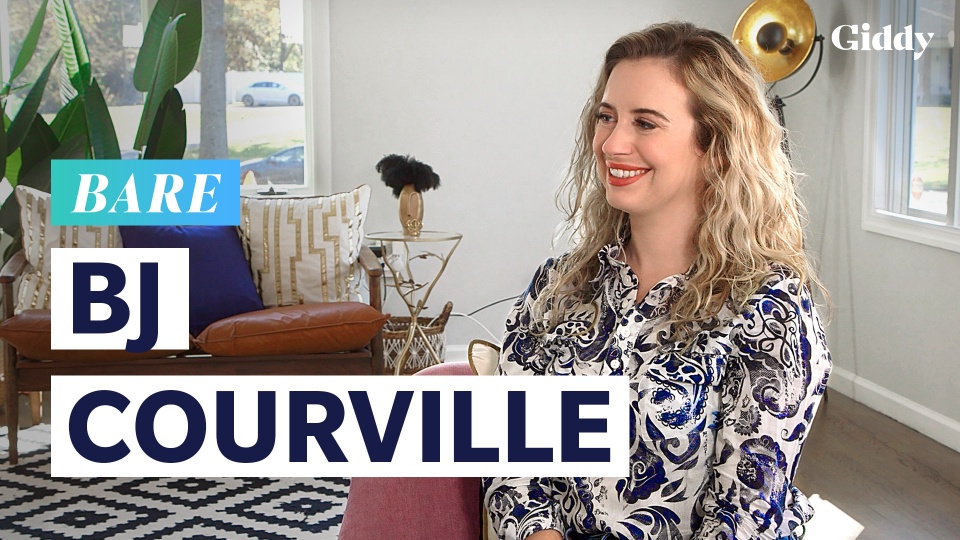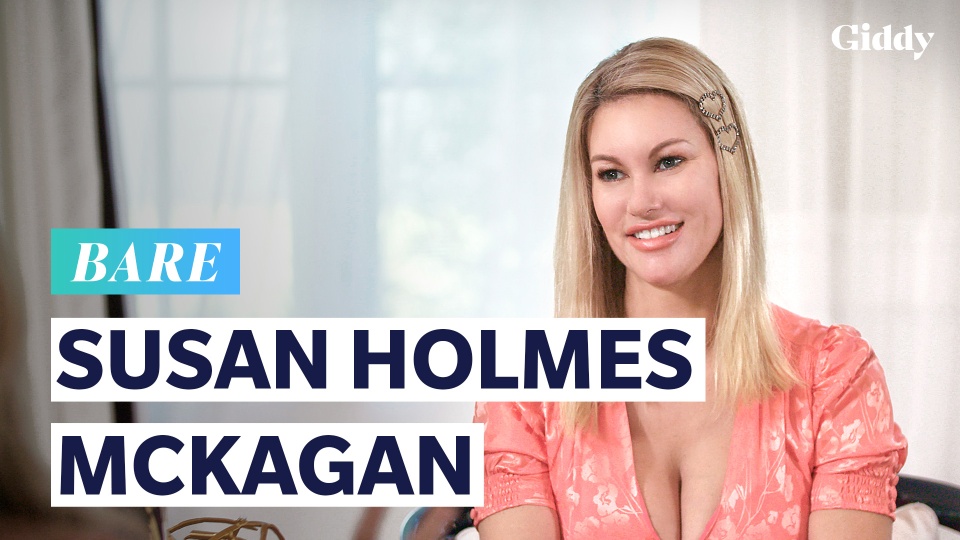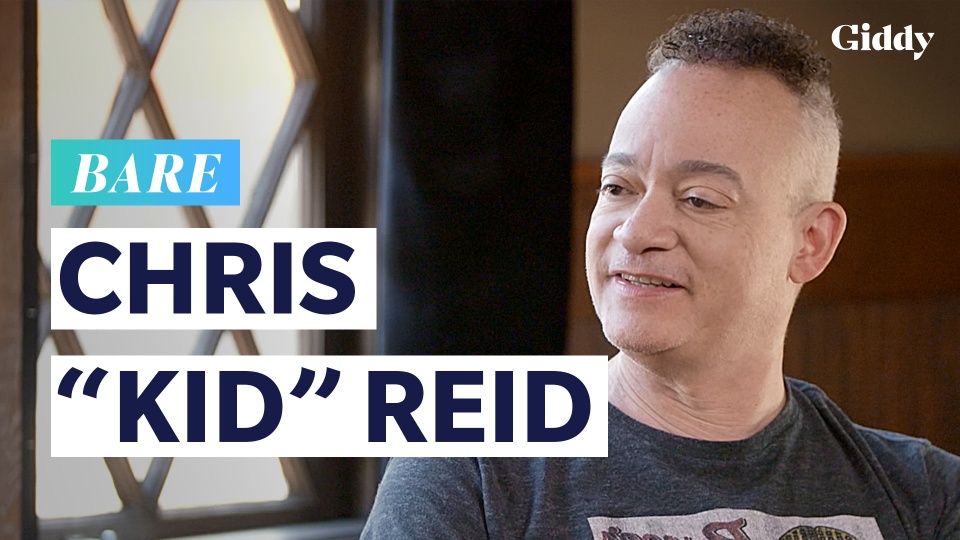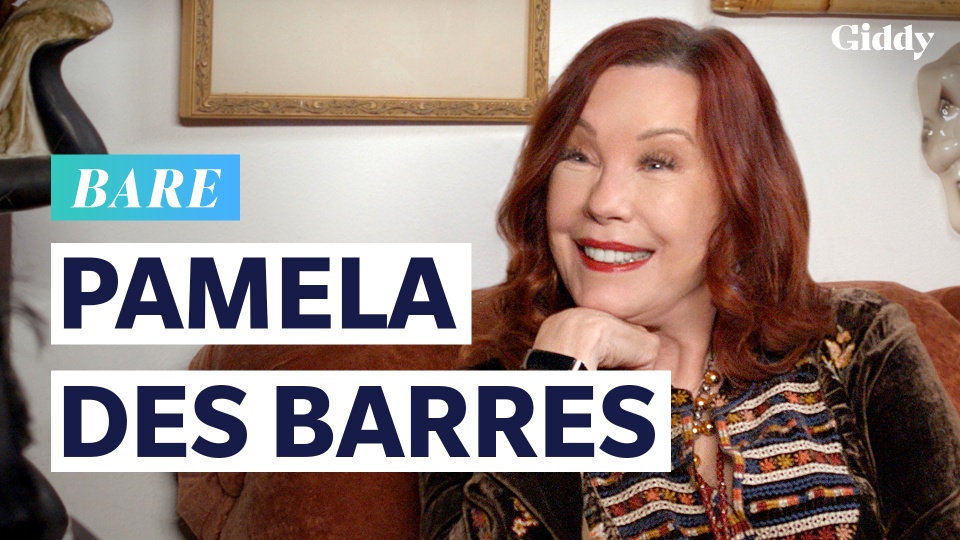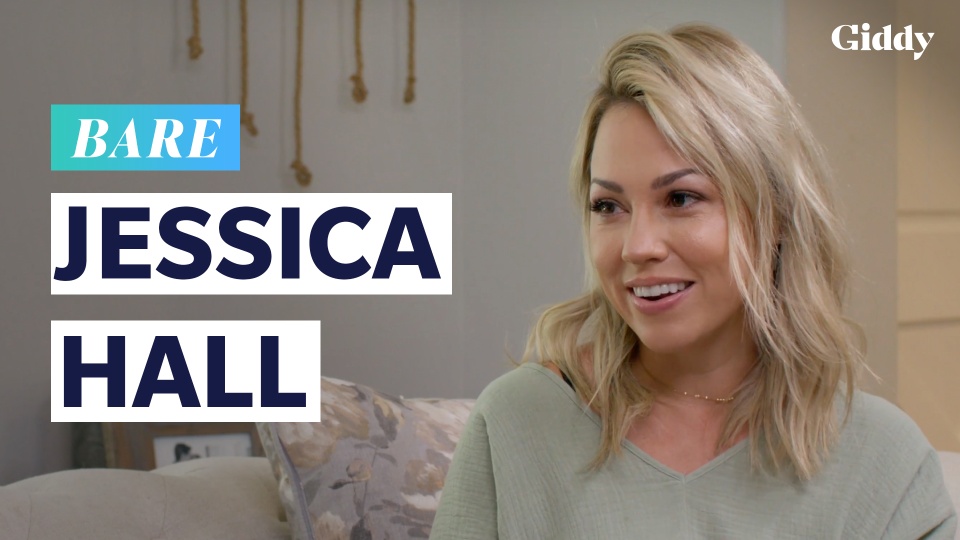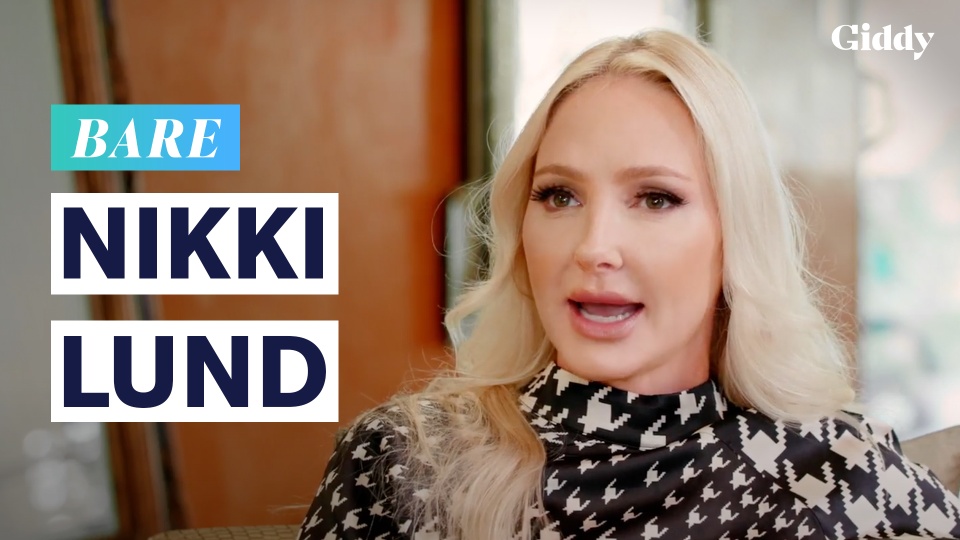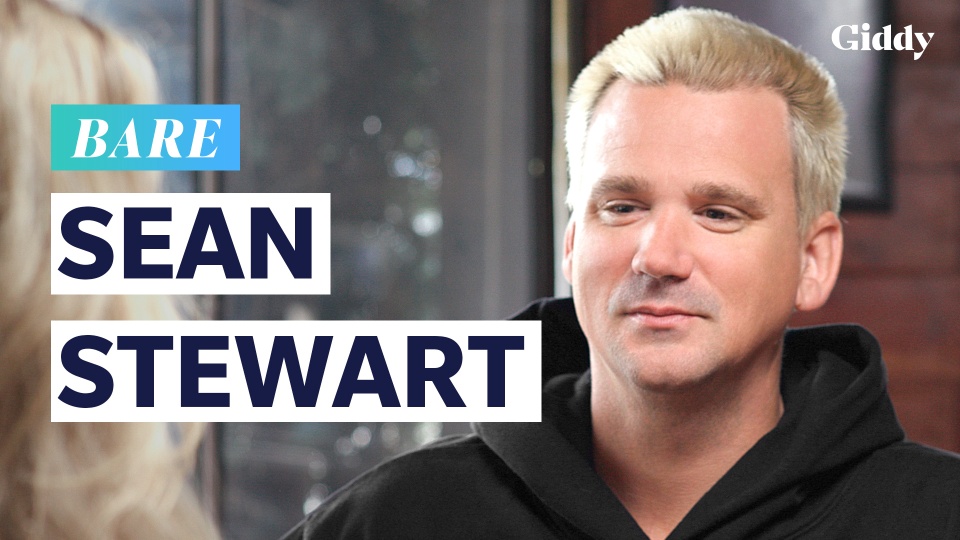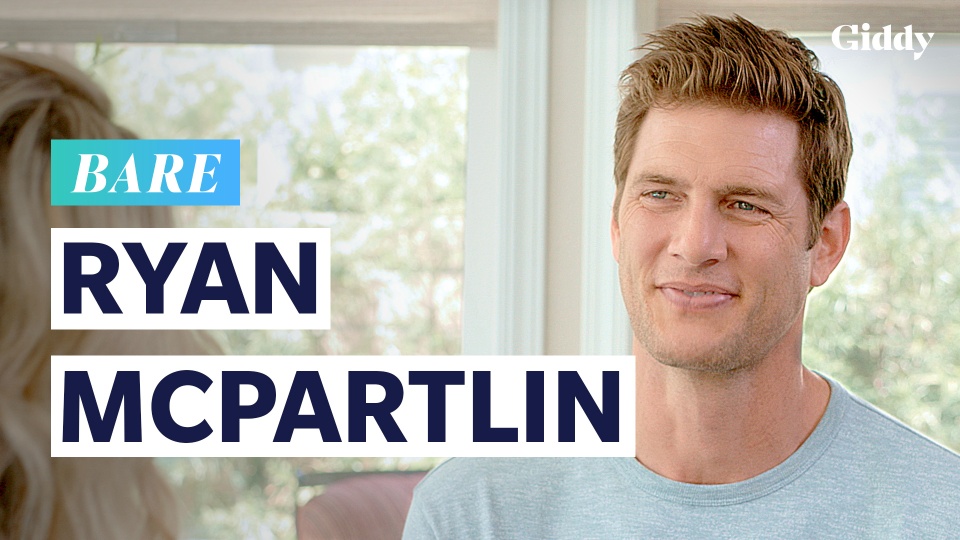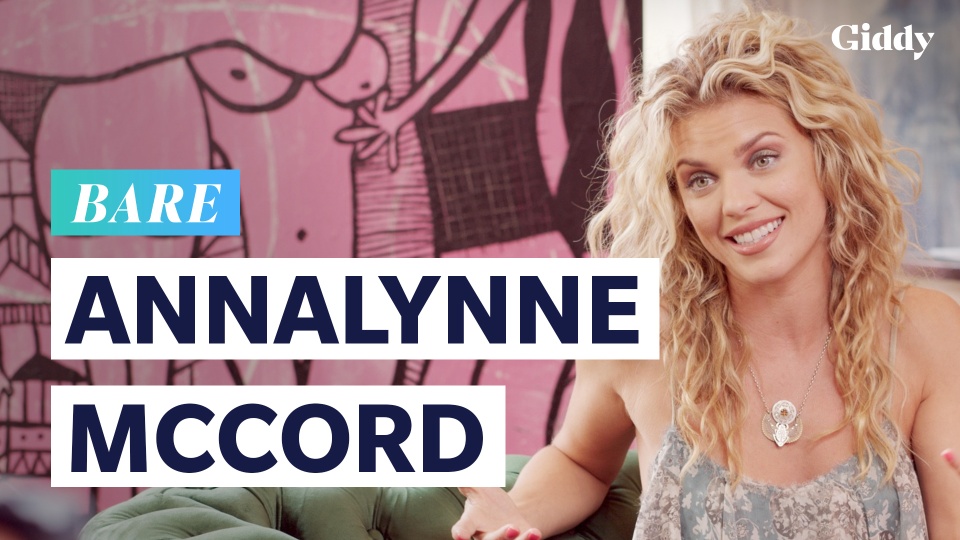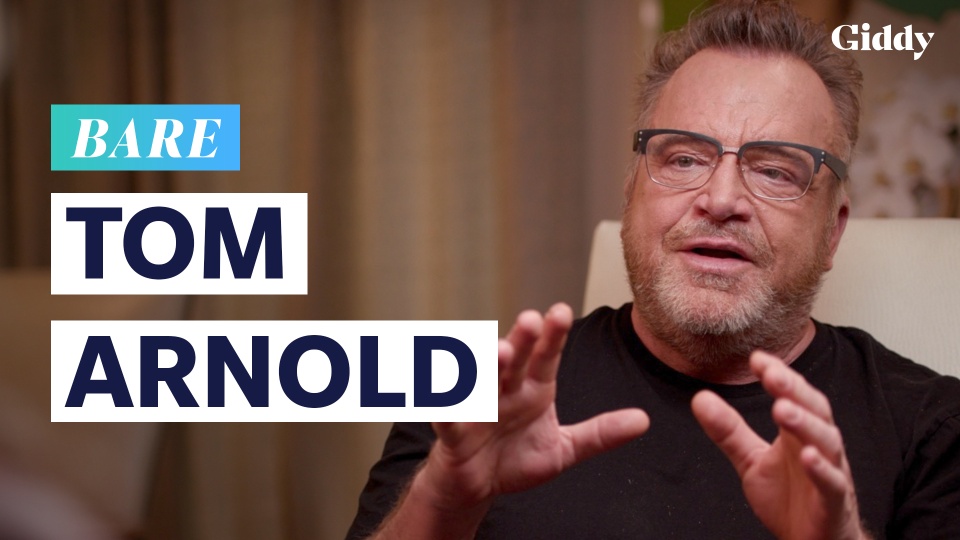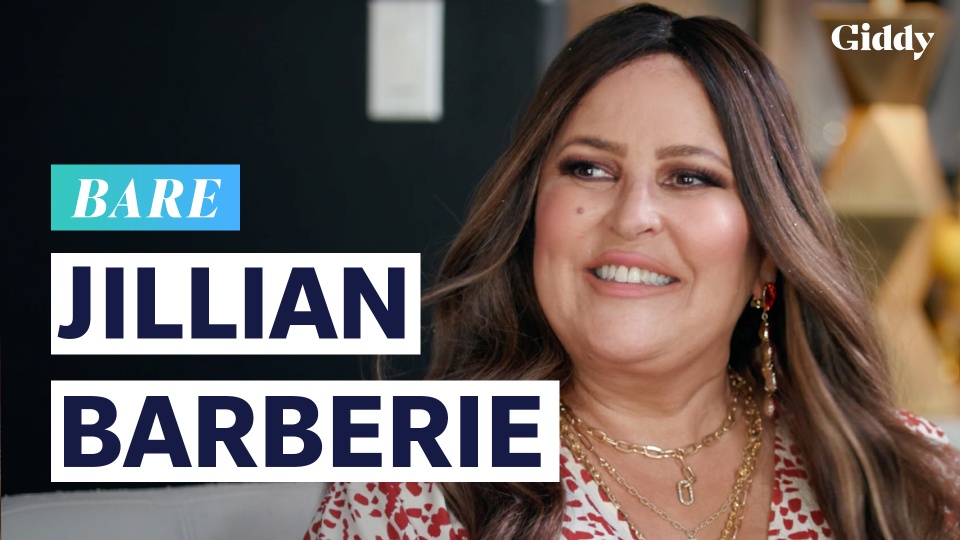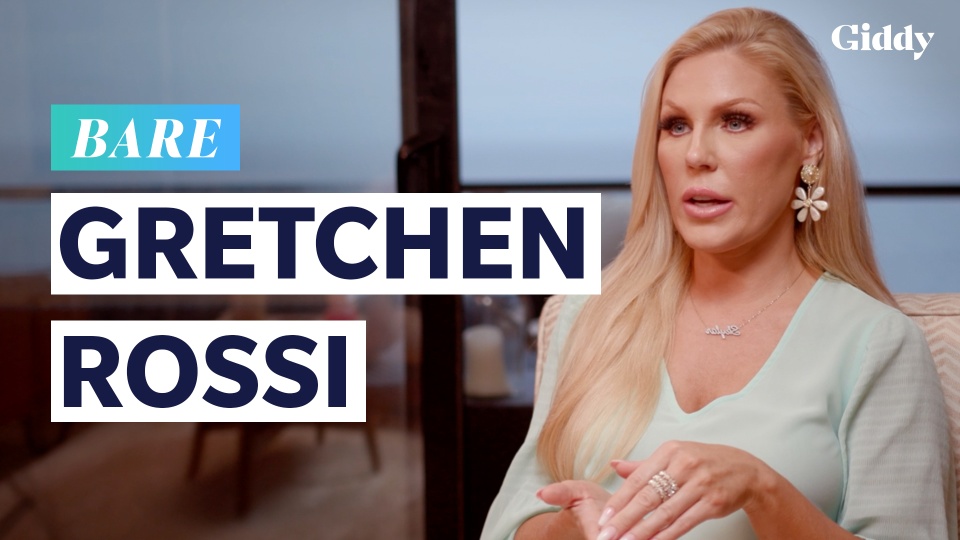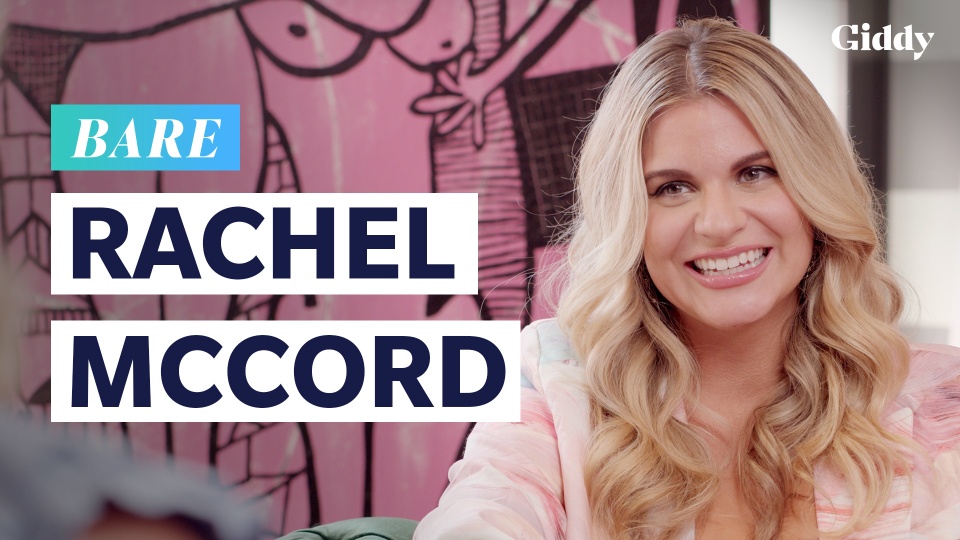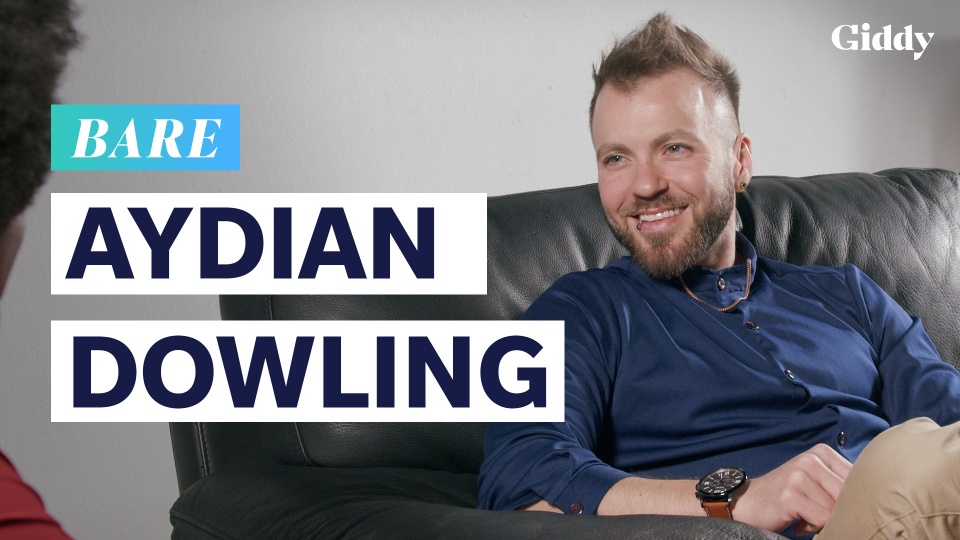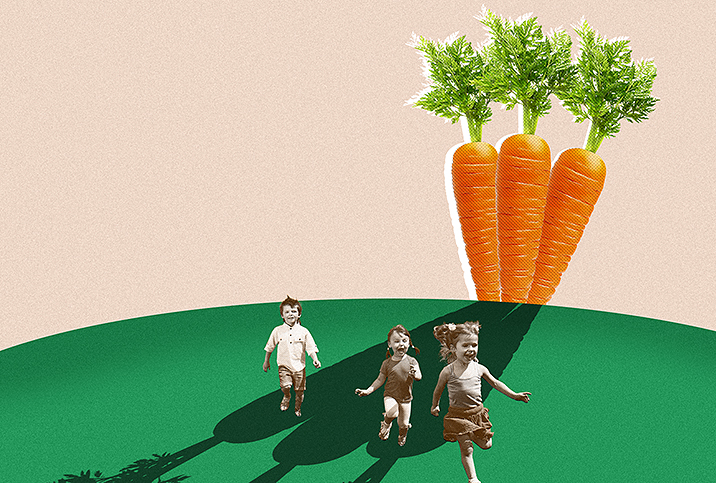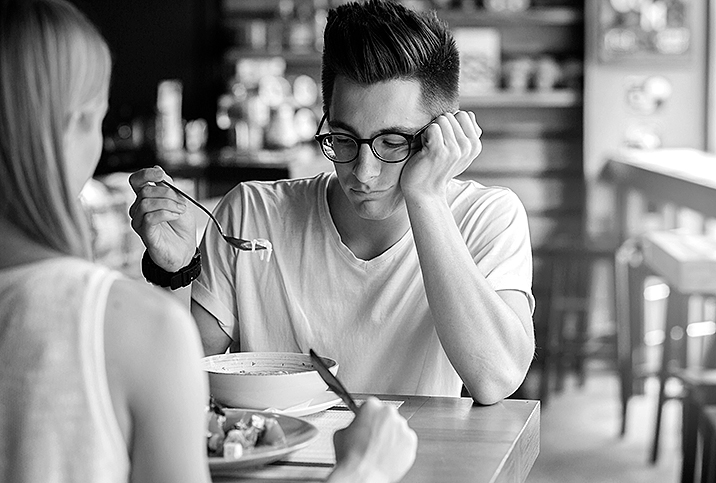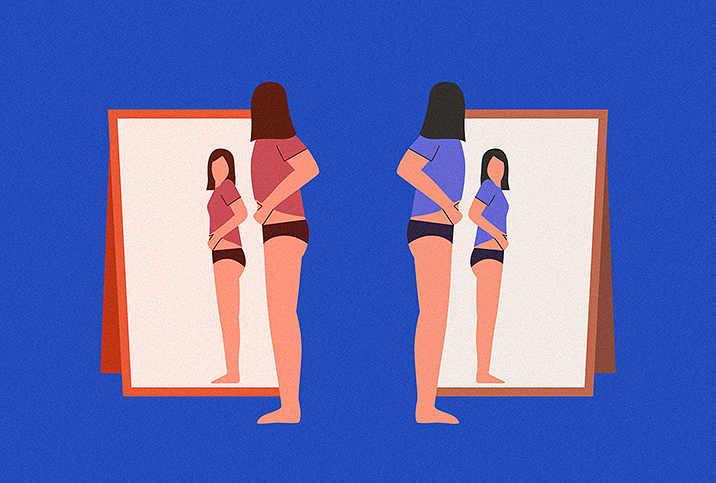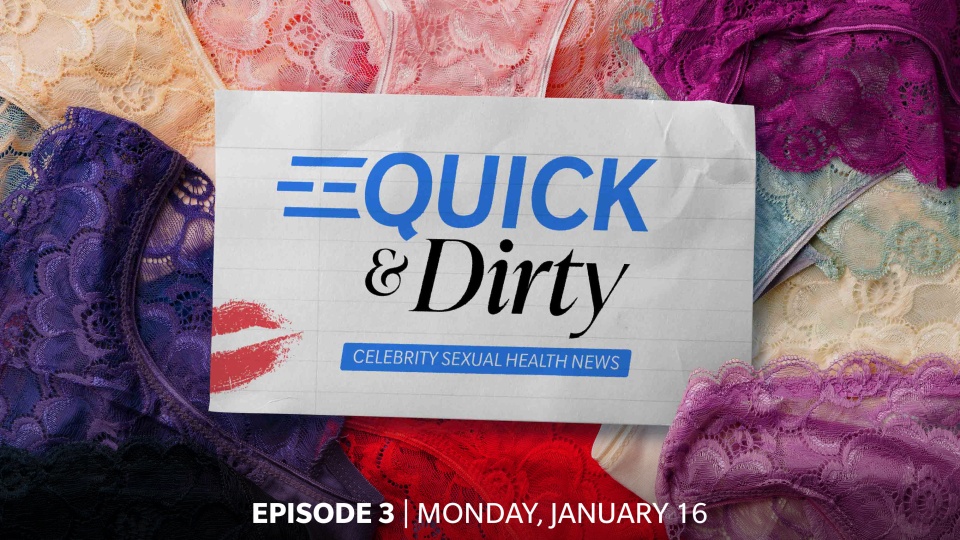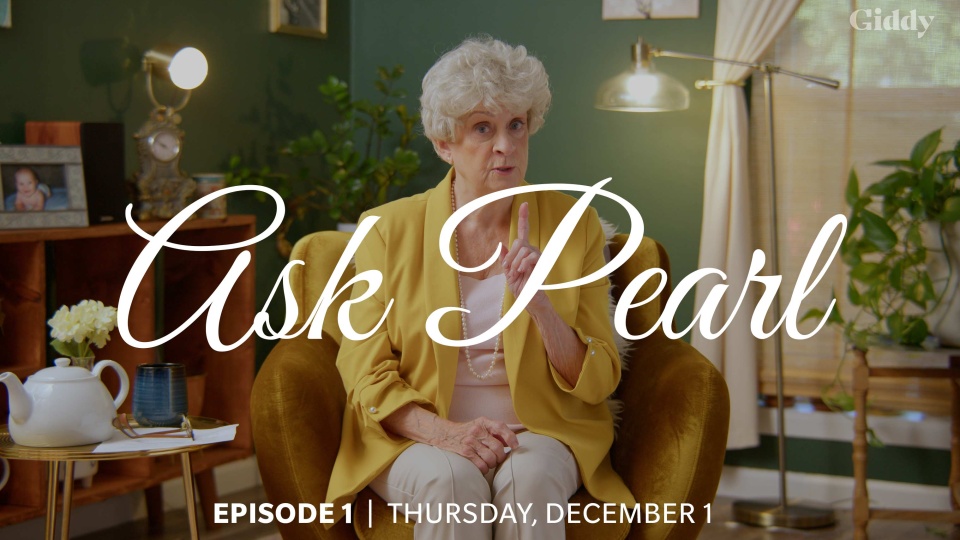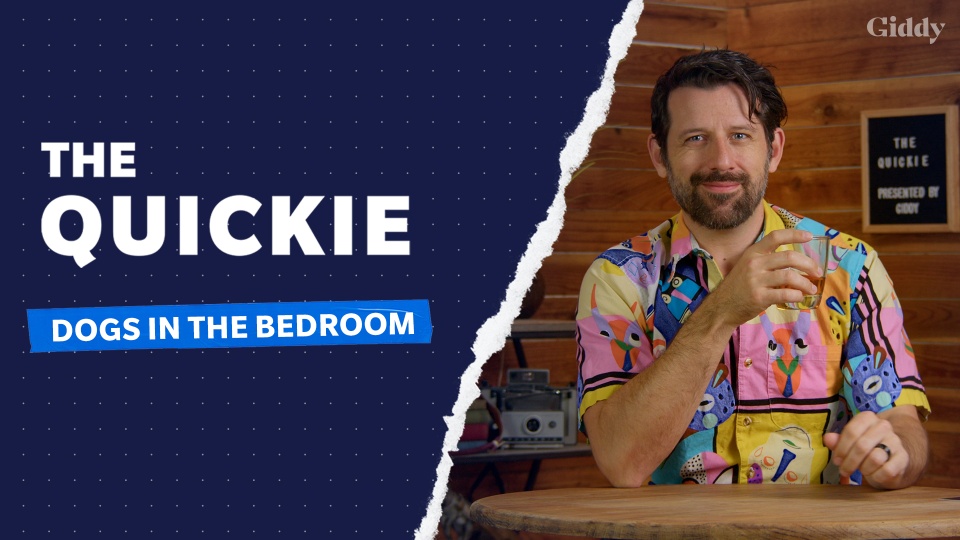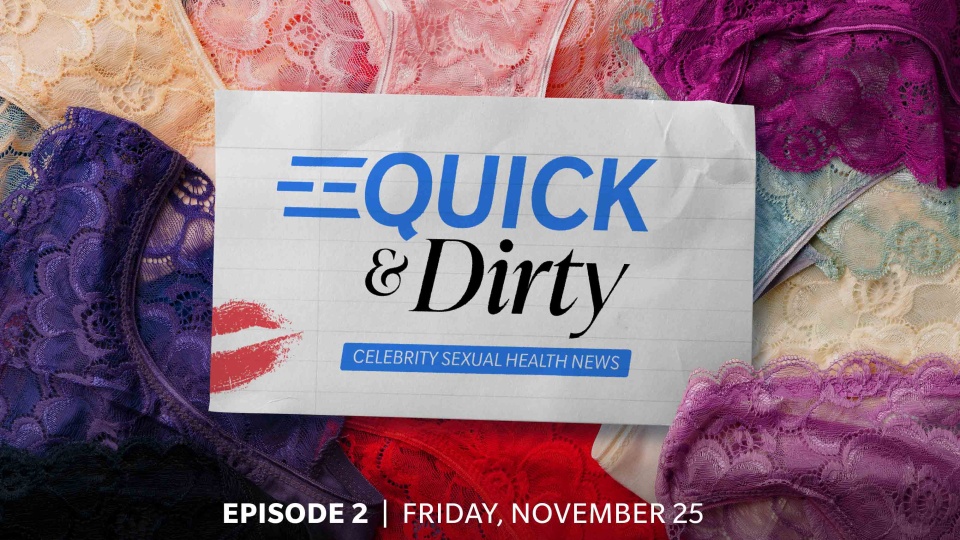Aydian Dowling on overcoming an eating disorder
Transgender activist and fitness coach Aydian Dowling sits down with Giddy’s Briona Jenkins to discuss overcoming an eating disorder.
More about this episode
A Conversation with Aydian Dowling
In this one-on-one conversation with Giddy's Briona Jenkins, transgender activist and fitness coach Aydian Dowling bares his story of overcoming an eating disorder and learning to love himself from the inside out.
Aydian says his eating habits were not a concern for him at a young age, but once he came to terms with his true identity, he pursued a healthier lifestyle in order to live a long, happier life. However, Aydian took an unfortunate detour on his fitness path and developed an eating disorder. His wife realized the harm this disorder could have on their unborn son, Antler. In an effort to save Aydian and their family's future, she told him to seek help for his eating disorder.
During his 9 months of therapy, Aydian learned a variety of techniques, like meditation, to help relieve his anxiety about his appearance. He's now comfortable in his own skin and realizes that loving yourself is not about physicality, but rather what's on the inside.
Transcript
I know that for you health and fitness plays such a big role in who you are as a person, as a partner, as a parent, but I want to hear a little bit more like what it means to you, the importance of it for you.
It's interesting because I really could have cared less about my health when I was a teenager in very early 20s. And when I stepped into who I truly was, like my authentic self as Aidan, I actually started to see a vision of what my future could be. And then I started realizing like, well, if I keep doing what I'm doing, I'm probably not going to have a very happy future because I'm not taking care of myself in so many facets outside of your stereotypical like health and fitness. It was more just like I just wasn't treating my body right, I wasn't treating myself right, my body meaning my physical body, my mind body, all of those things together.
And once I started actually seeing that I could, wait a second, like I could maybe grow old, maybe I could have a happy life in some capacity, which just felt so far from reality when I was younger, that it started to take shape. And being a transgender man, the body I was born in didn't match who I was. And so I found the fitness aspect a really good way for me to start to be able to see who I was internally, start to show itself on the outside. And that's when I started to fall in love with it and maybe went a little OD. But I've reeled it in. Now I feel like I'm healthier with my fitness and lifestyle journey here.
What do you mean like "overdid it"? What would that look like?
I mean like I have a hard time—I don't even want to say admitting, but I have a hard time saying that I developed an eating disorder because I was fully functioning, but it was the way in which I was viewing food was disrupting my friendships and my partner Jenilee and I's relationship. And it was this imbalance that started happening.
And so I say—it's not like I don't want to say I had an eating disorder. It's just I know so many people who have an eating disorder that's intense and really disrupts so much of their life. And mine was just more like my friends being, "Dude, I don't like to go to the concert with you because you won't eat anything and then I feel crappy" and all of these things.
So it got to the point where my wife Jenilee was a few months pregnant with our son. And she looked at me and was like, "You will not raise our kid to view food the way you view food. And if you don't go to therapy and get help for this, I don't know what we're going to do in the future." And so it was like a really hard moment for me realize that what was really helping me in my transition and feeling healthy just skewed to a really negative place where it was more obsessive and controlling and binging and restricting.
And so I went to therapy for about eight or nine months and I started to learn to meditate, which was really helpful. I started to learn to breathe and control some of my anxiety. When we were going food shopping, I would have a lot of anxiety.
And I just kept up with those practices and then we had our son, Antler, and I just started loosening up and realizing that I can have fun and I don't have to look photo/magazine/fitness ready. I can just be a healthy, happy guy who likes to work out and that could just be it, and I could be happy that way. So it took a couple of years to learn and relearn how to view food and how to view my body, that my health is not directly—what you see is not health in people's bodies and that I had to relearn that illusion that I had learned from everyone. Everyone is like, "Oh wow, you're ripped. You must be super healthy." I'm like, have you just like, "I don't know. Maybe we should look into this."
I think that's an important thing to talk about, like you're saying the hard part of acknowledging it because I think so many people, especially in queer spaces are like, I quote "I can't have an eating disorder because I look x, y, and z," or like, "It's not that bad because x, y, and z." But I think it's important to talk about it and share it because I think so many of us go through it, especially like now listening to your story, and then I have other friends who are trans too who are like, I was able to quote "create" the body that I wanted, but it does sometimes get to that obsessive level. So I think it's important to talk about it.
Yeah, for sure. I think anybody trans or cis or non-binary, anybody you think that we all have for some reason created this illusion that if I could look this kind of way, I'm going to be happy, people are going to love me, everything's going to be great. Right? And like I looked the way that I thought all of those things would be great, and I would have no dysphoria.
And then the only thing would happen is like I could go into my bathroom, look at my mirror, lift my shirt up and see six pack abs and then I put my shirt down and everything else in my life is exactly the same. It didn't change anything except my likes on Instagram. If I posted a shirtless photo, it was like, "I'm going to get more likes on that photo." You know what I mean? So yeah, it's interesting how we have this belief system that if we can look a certain way we'll feel a certain way, and it's really not real.
Yeah, well, like you said, the importance of doing everything like meditation, journaling, going to therapy.
My friend is a therapist and we've been talking about that too and was like, if you don't like yourself in one body and that's a mental thing, you're not going to like yourself in a "thinner" body or if you look any differently if you're not doing that sort of like you're saying the wrap around taking care of yourself as well.
Yeah, you got to learn it the hard way. I mean I hope that less and less people have to learn it that way. I hope that we can share more of that story. And I feel like I do, but then I always meet people who are like crazy and I'm like, man, I guess I need to talk about this more. But it's like I'm still going through it, like I'm—
It's a process.
Yeah, I'm still like having moments where I'm like, oh man, struggling.






